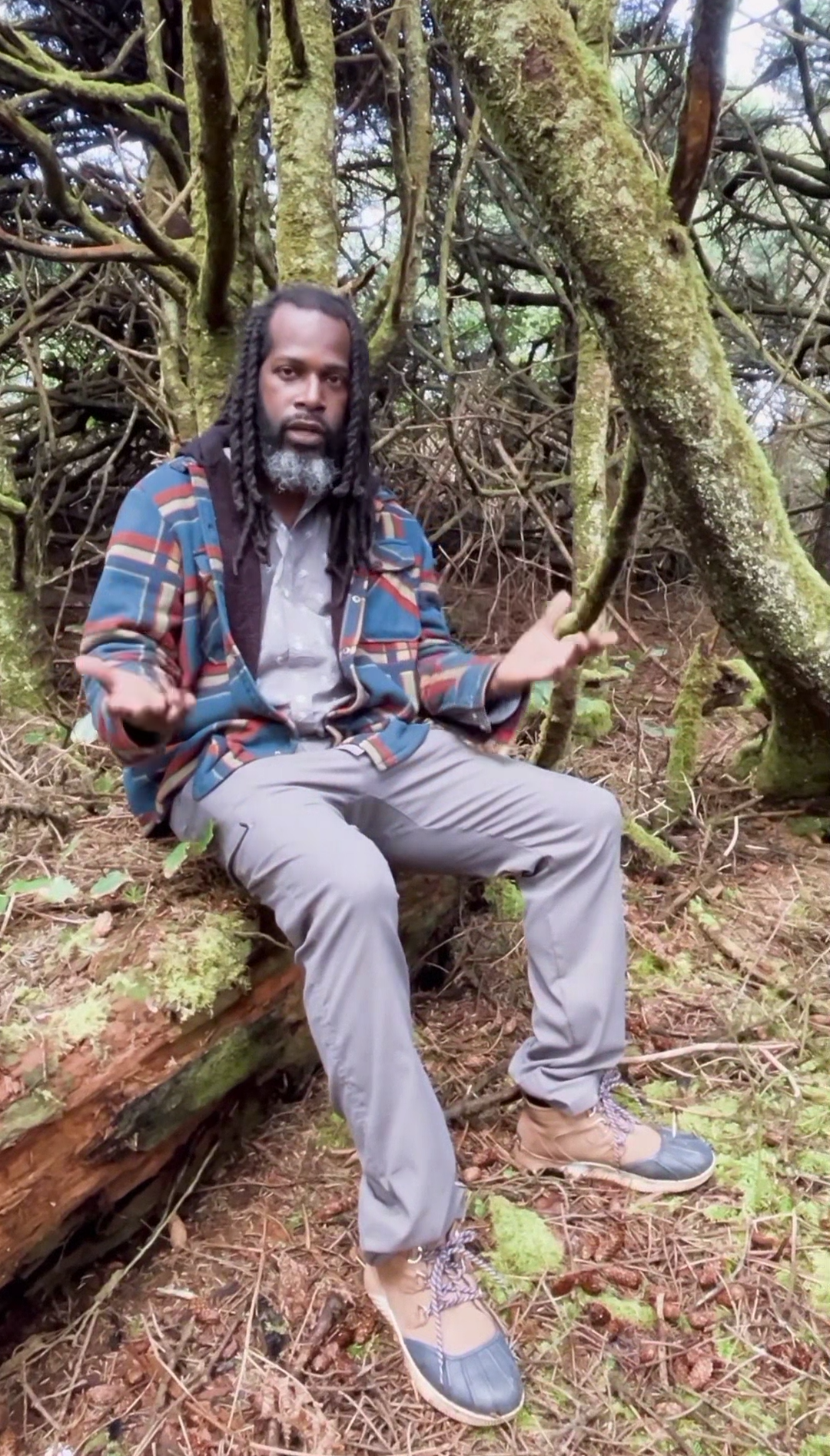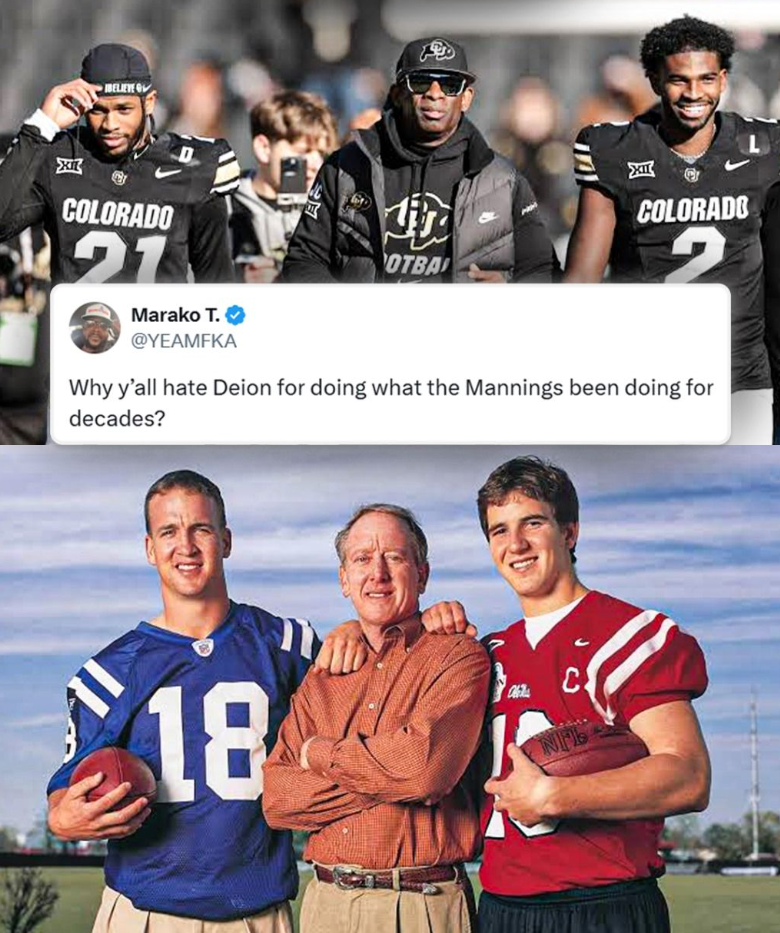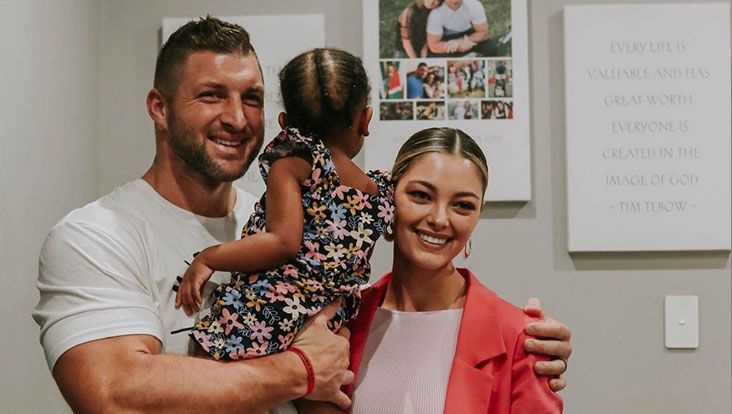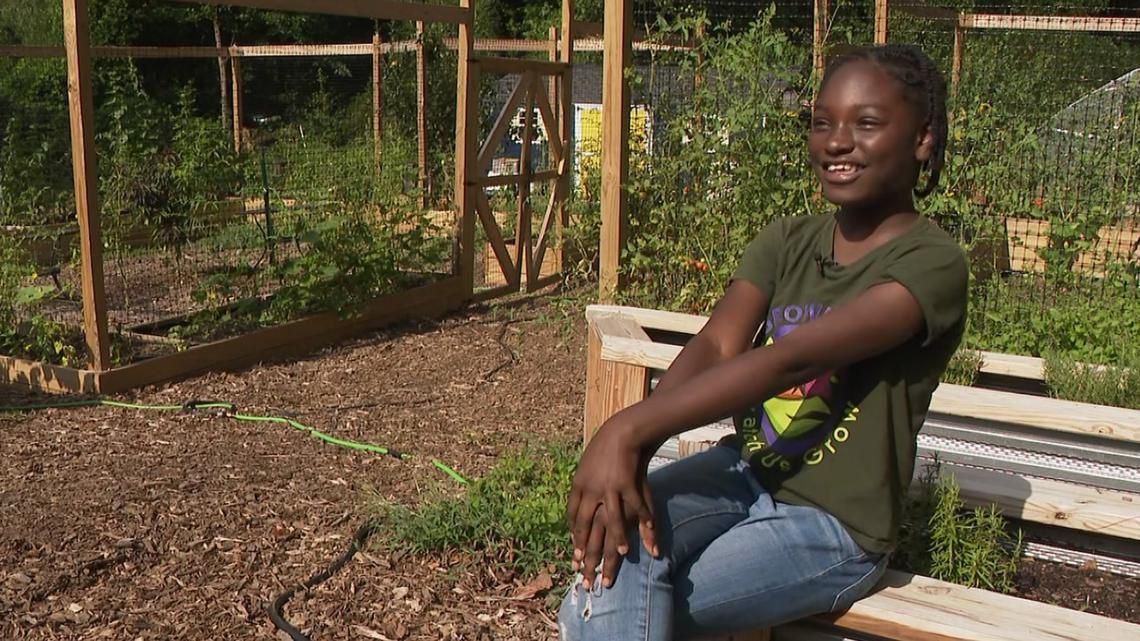
Faith and Community
Locked in on Stories That Connect

Why on Earth are we tilling the ground and working so hard just for food? What happened? Adam didn't start tilling the ground until after the fall. How do we get back to the way things were? As a farmer and founder of Little L Salsa Garden , my transition from Texas farming to Oregon opened my eyes to the answers to these questions. With the help of my wife, at Sow Reap Gal , I was introduced to a no-till method of farming, known as Eden Gardening. This method has gained tremendous momentum lately, thanks to Paul Gautschi and his Back to Eden Gardening documentary, which reintroduced a cost-effective, eco-friendly, and a less labor intensive approach to living from the land. As millennials and Gen Z come into the rising awareness of healthy living through diet and growing your own food, sustainable practices are also in demand. What is Eden Gardening and Why is it So Important? Have you ever noticed how vegetation thrives in forests and throughout wildlife without our intervention? That's because the natural environment creates its own suitable conditions that our cherished plants use to produce. Take the forest floor for example, it's covered in its own mulch from leaves, twigs, and wood chips. This serves several purposes, a few include: As they decompose, they feed the soil with organic matter Retains moisture by shielding the soil from the sun Suppresses weeds Protects from freezing temperatures Provides food and habitat for beneficial organisms like earthworms, beetles, and microbes Turns unused land and food deserts into productive spaces Builds soil health without the use of chemicals Eden Gardening repeats this process of taking the natural resources, creating our own personal forest floor, and growing through a self-sustaining system. This means it's not only cost-effective, it's also eco-friendly, especially when you consider minimizing food waste through composting. Along with this, because we're limiting the amount of tilling, and only adding to the soil, we help restore the Earth in the process. Whether you're working with 10 feet of space, or 10 acres, Eden Gardening makes fruitful results possible. Leaders Already Living Eden Principles in Real Life

A viral meme comparing Deion Sanders with his sons to Archie Manning and his sons sparked a conversation about perception, privilege, and the double standards in sports. This post delves into the disparity in how narratives are shaped around players like Peyton Manning, Eli Manning, and Jameis Winston, despite similar struggles on the field. It explores how families like the Mannings are given grace and time to develop, while others, like Deion’s family and Winston, are scrutinized more harshly. Ultimately, it’s a reflection on the importance of consistency in how we view legacies and opportunities in sports.

Ja Morant's recent gun gesture controversy serves as a reminder of the importance of accountability, both on and off the court. This post reflects on the pattern of enabling destructive behavior, drawing parallels to Allen Iverson’s unresolved past and how it impacted his legacy. With insights from mentors like John Thompson and Denzel Washington's portrayal of Coach Boone, the post emphasizes the need to hold ourselves accountable to avoid self-sabotage and build a legacy of resilience and responsibility.
01
From side hustles to six figures—spotlighting real strategies, local business wins, trade skills, and ownership over debt.
02
Urban growers, faith-based farming, and backyard revolutions—showcasing those reclaiming the land and feeding the future.
03
Faith & Community
Centering purpose over platform—stories that highlight spiritual roots, family legacies, and collective action that heals.
04
Where culture, talent, and voice meet—covering athletes, creatives, and influencers shaping the next wave through grit and God-given gift.







